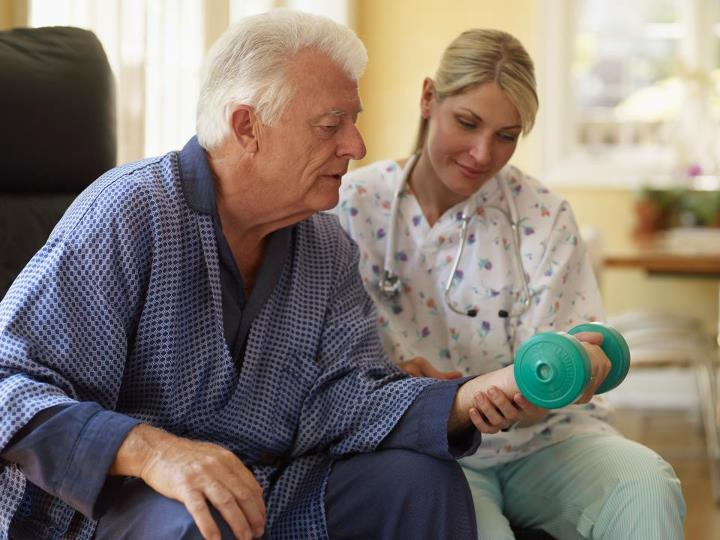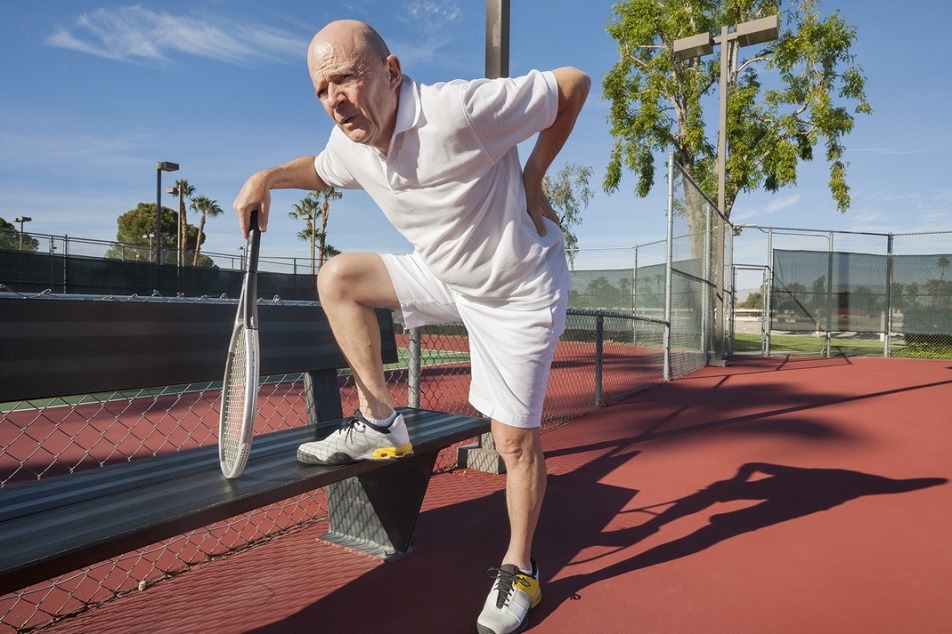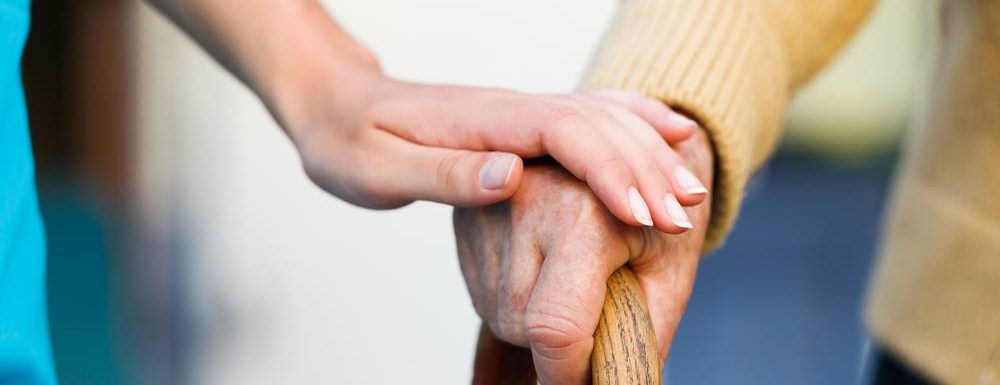If you can believe it, thirty-something is the peak age for muscle health. Once you reach your forties you start to lose muscle density and strength. As a result, lifting, walking and even doing chores like gardening can become harder. Luckily, there are ways to improve your muscle density and strength so that you can retain an active lifestyle.
Aids to Help You Move Around Easily
If you already live with the effects of limited mobility there are things you acquire to help make your life a bit more comfortable. A walking stick or a cane can give you the ability to walk, stand or sit. Getting out of a chair can also become difficult. The good news is that there are chairs like the Perfect Sleep Chair (https://www.perfectsleepchair.com/lift-chair/) that actually ease you into the seat and up and out of it effortlessly.
Strength Training Program
 Thankfully even after years of inactivity, you can transform fat into healthy muscles. It will take work, but, yes you can do it. Most gyms offer strength training classes specifically designed for those recovering from an illness, surgery or those in their senior years. Using weights, through supervised training sessions and a doctor’s approval can help you to burn the fat and replace it with healthy muscles. It also helps improve your balance too, giving you the confidence to stand and walk on your own.
Thankfully even after years of inactivity, you can transform fat into healthy muscles. It will take work, but, yes you can do it. Most gyms offer strength training classes specifically designed for those recovering from an illness, surgery or those in their senior years. Using weights, through supervised training sessions and a doctor’s approval can help you to burn the fat and replace it with healthy muscles. It also helps improve your balance too, giving you the confidence to stand and walk on your own.
A Healthy Weight
Older people burn fewer calories than they did when they were younger. If you combine that with an inactive lifestyle, overeating or eating as you did when you were in your 20s or 30s is going to result in a significant amount of added weight. Since bones and muscles weaken as you age, adding extra weight onto an already compromised body can cause serious stress on the joints and health consequences. It can bring on Type 2 diabetes and other illnesses or simply make it harder for you to get around. Eating smaller portions more frequently throughout the day will satisfy your hunger and help you to lose the unhealthy weight.
Remain Active
 Once your children leave home, you have an empty nest and many people find it hard to get involved in activities. After all, they devoted their lives to raising and taking care of children. Now that the kids are not residing in the home, there’s very little you have to do with regards to physical labor. You no longer have tons of laundry or large meals to prepare, so you are basically living on your own. Remaining active and finding ways to fill your days that involve movement is essential to retaining your mobility. Take a walk in the afternoon, work in the garden or sign up at the YMCA or another similar venue and take up tennis or swimming. The point is to keep your body in motion.
Once your children leave home, you have an empty nest and many people find it hard to get involved in activities. After all, they devoted their lives to raising and taking care of children. Now that the kids are not residing in the home, there’s very little you have to do with regards to physical labor. You no longer have tons of laundry or large meals to prepare, so you are basically living on your own. Remaining active and finding ways to fill your days that involve movement is essential to retaining your mobility. Take a walk in the afternoon, work in the garden or sign up at the YMCA or another similar venue and take up tennis or swimming. The point is to keep your body in motion.
Nutrition
Just as important as losing the extra pounds and regular exercise for 30-40 minutes at least 3 to 4 times each week is a nutritious diet. Protein is essential for the development and maintenance of muscles and a strong body and many older people focus on the fruits and veggies, which are also important, but they come up short on their intake of protein. Vitamins C and D and minerals like calcium, potassium, and magnesium, are also essential to maintaining healthy bones and joints.
Getting older doesn’t mean that you have to give up doing the things you enjoy. At any age, you can replace fat with lean muscles. Sign up for a membership with your local gym, take frequent walks and partake in an activity that keeps you moving. Doing this, combined with a healthy diet, will allow you to enjoy a high quality of life during your golden years.

Leave a Reply